June 11, 2007
To judge by a flyer from the just-inaugurated New York Center for Independent Publishing, book reviewers are in trouble. “SAVE OUR BOOK REVIEWS!” pleads its headline. “Over the past five years, one by one, newspapers have begun to forsake books and their readers. At dozens of papers, book coverage has been cut back or slashed altogether, puffed up with wire copy, or generally treated as expendable. The Board of the National Book Critics Circle has launched a campaign to try to combat these changes.”
Assuming that the freefall needs to be stopped – what should be done?
When any industry is hit by a malaise, it helps to do three things. First of all, just to stave off precipitous decline, it makes sense to assure investors of the overall viability of the enterprise, and ask them to advance additional funds to help restore its profitability. Book reviews being hardly a strong profit earner, it would be less then realistic to put much hope into this step.
Of far greater importance is the second step to be taken – expanding customer base to increase the value of the enterprise. Usually, this cannot be effectively done without first implementing the third step – that of changing enterprise’ entire business model.
In fact, book reviewers need to completely re-orient themselves, switching to an altogether different set of customers.
At present, reviewers are servants of big publishers. Rather than sifting through the mass of newly-published books in search of interesting and original ideas to present to the public, and acting as referees of merit, today’s book reviewers earn their bread by hyping up books published by big houses, and turning them into “bestsellers.” Some book-covers are just plastered with admiring quotes from reviews, with ecstatic “oh!”s, “ah!”s, and “how great!”s spilling from the covers to the first few pages of the text itself, while other books earn not a single review. Are the former adorned with superlatives because their merits were obvious to every reviewer in the country, while the latter were found, upon being read by the same reviewers, sadly devoid of merit? Not at all. The difference is due solely to the respective publishers’ connections, the former being able to push their wares to reviewers’ desks, while the latter having no such long arm.
A couple of years ago a novel called “The Memory of Running” was sold to a big publisher for around two million dollars – after fifteen years of having been rejected as junk. The lucky break came after the author came into contact with Stephen King while making an audio book for him. A nod from Mr. King did the alchemical trick of turning trash into gold – and, when time came to hype the book into bestsellership, every major reviewer published an opinion – an opinion of a book which would never have reached his desk had the author published it himself – since major reviewers have a stated policy of not considering author-published books for review. “The Memory of Running” made it not because of what was in it – that never changed since its trash years – but because it was published by people who were in a position to make book reviewers jump.
About half a year ago, during a panel discussion by the New York Times book review staff, I had a more direct confirmation that this is how book reviewers operate. I was eager to ask a simple question – “if all review submissions were made anonymously, leaving no clue as to the identity of author or publisher, wouldn’t an altogether different set of books be chosen for review?” My turn to ask the question never came, but I buttonholed two members of the panel as they mixed with the crowd. Each one answered in the affirmative, even suggesting that this might be a vastly superior way of doing things, and confiding that a recent novel by a household-name novelist would have never been reviewed under such selection policy.
Interestingly, this is precisely how book reviewers used to work in the past. In early 1900s it was possible for a book anonymously published by its author to get some half dozen magazine reviews simply on the merit of its provocative ideas. (Far later, “What is Man?” proved to have been written by Mark Twain.) In the current book review climate, however, this would be inconceivable, reviews being an exclusive prerogative of publishing establishment, and having nothing whatsoever to do with book’s quality and merit.
Perhaps, to save their industry, book reviewers should seriously consider extricating themselves from the far-too-close embrace of big publishers, and of choosing as customers the public, instead of the publishers – by basing their selection, just as it used to be a hundred years ago, only on merit, and completely ignoring irrelevances such as the identity of author and of publisher.
The public would be grateful to book reviewers for worthwhile ideas brought to its attention, the fellow-journalists would respect reviewers for pursuing newsworthy material, and the management would see that book reviews are an asset, and not a liability.
Which is, to think of it, the only reasonable way for book reviews to flourish, rather than wither.
[first posted on the Ezine Articles site]


